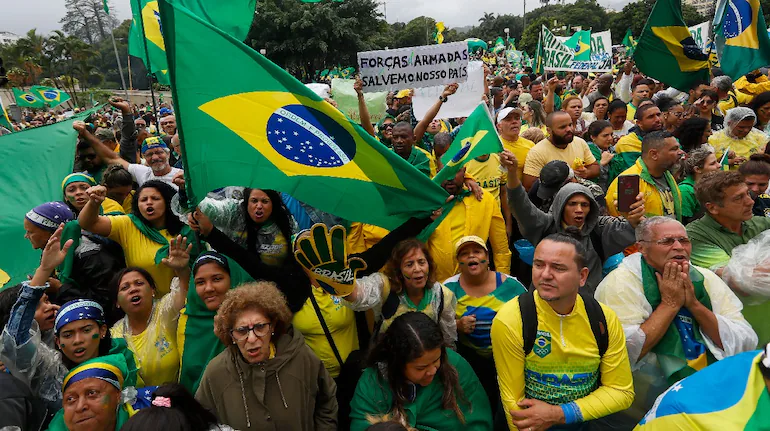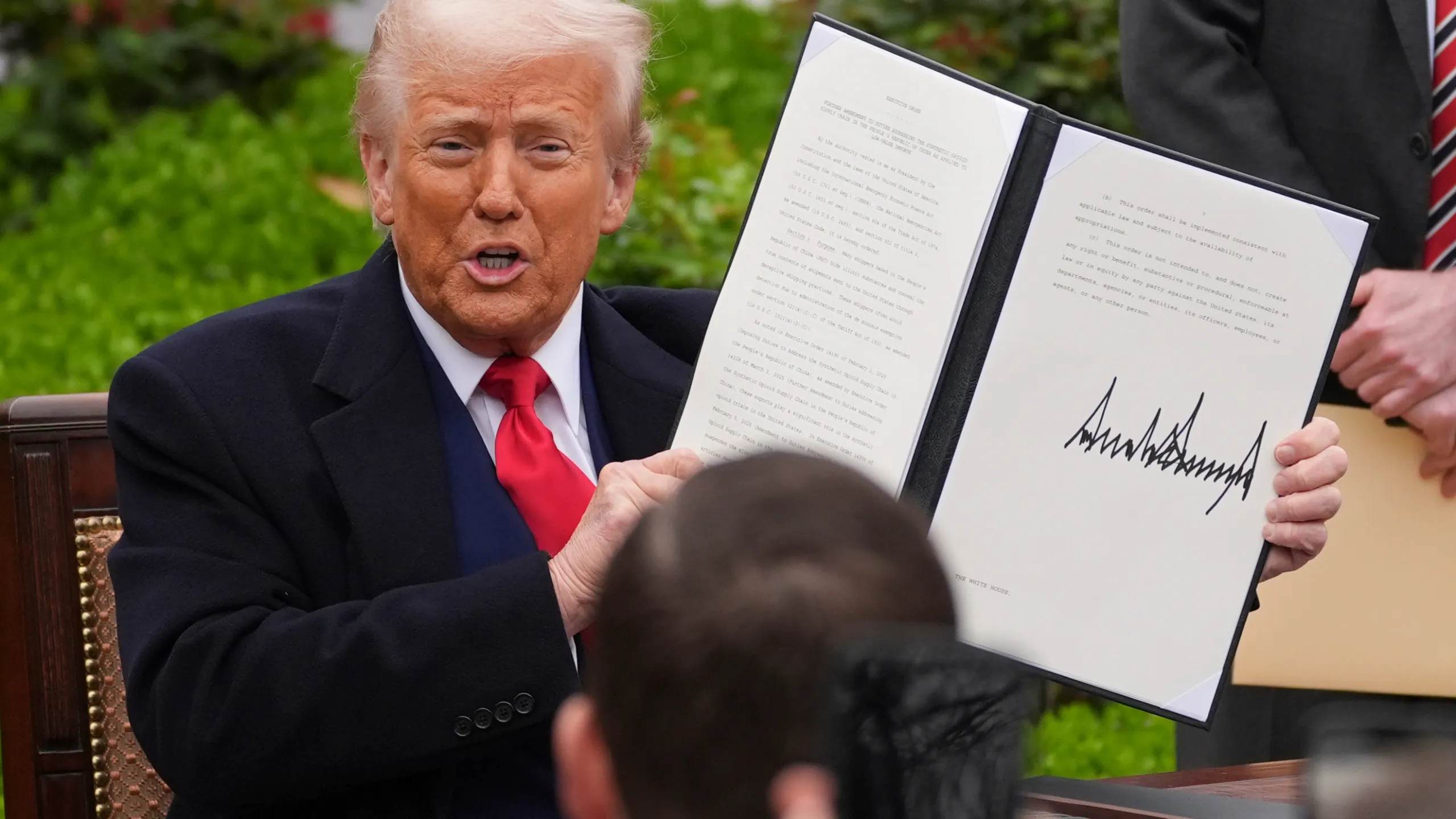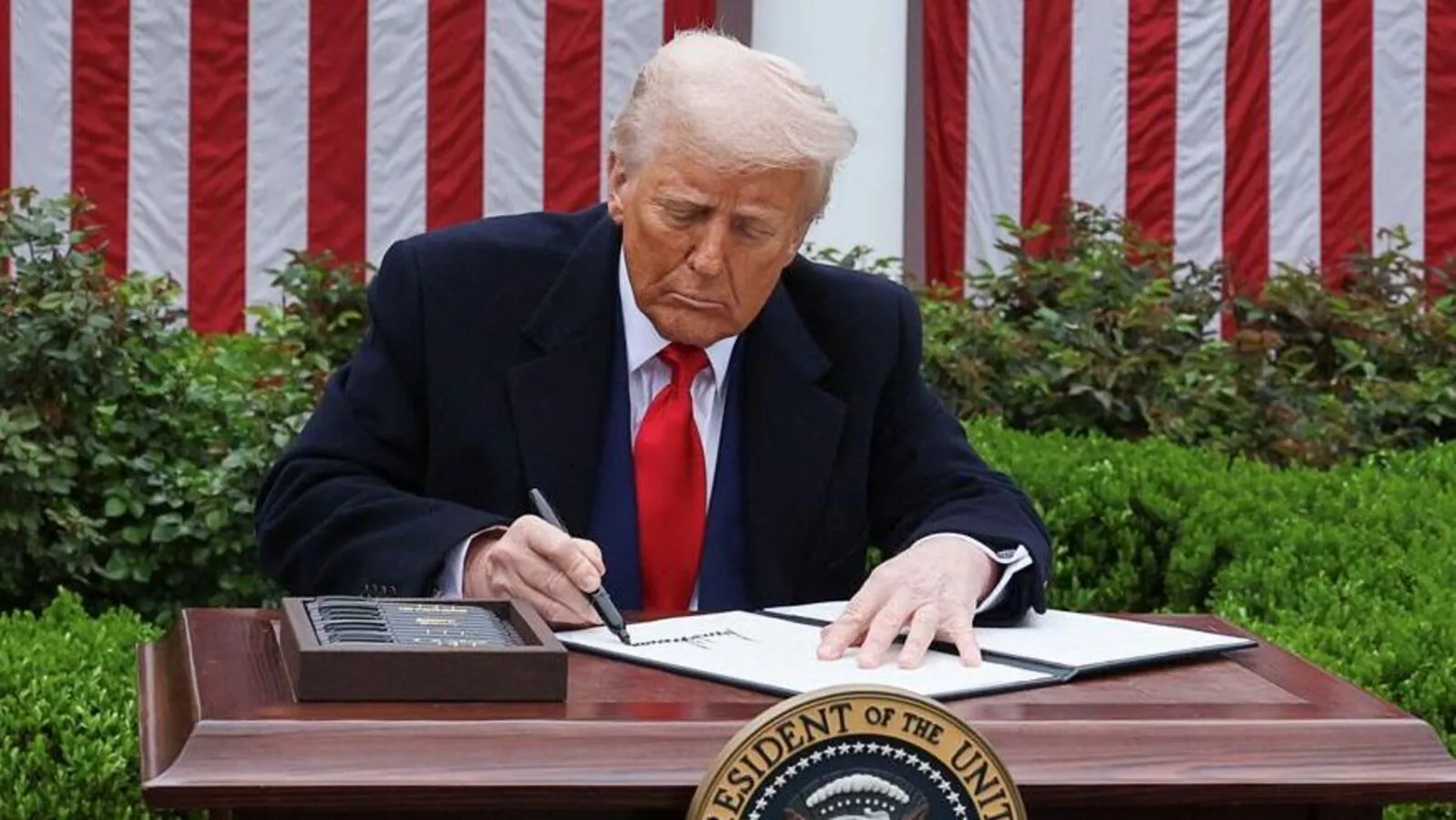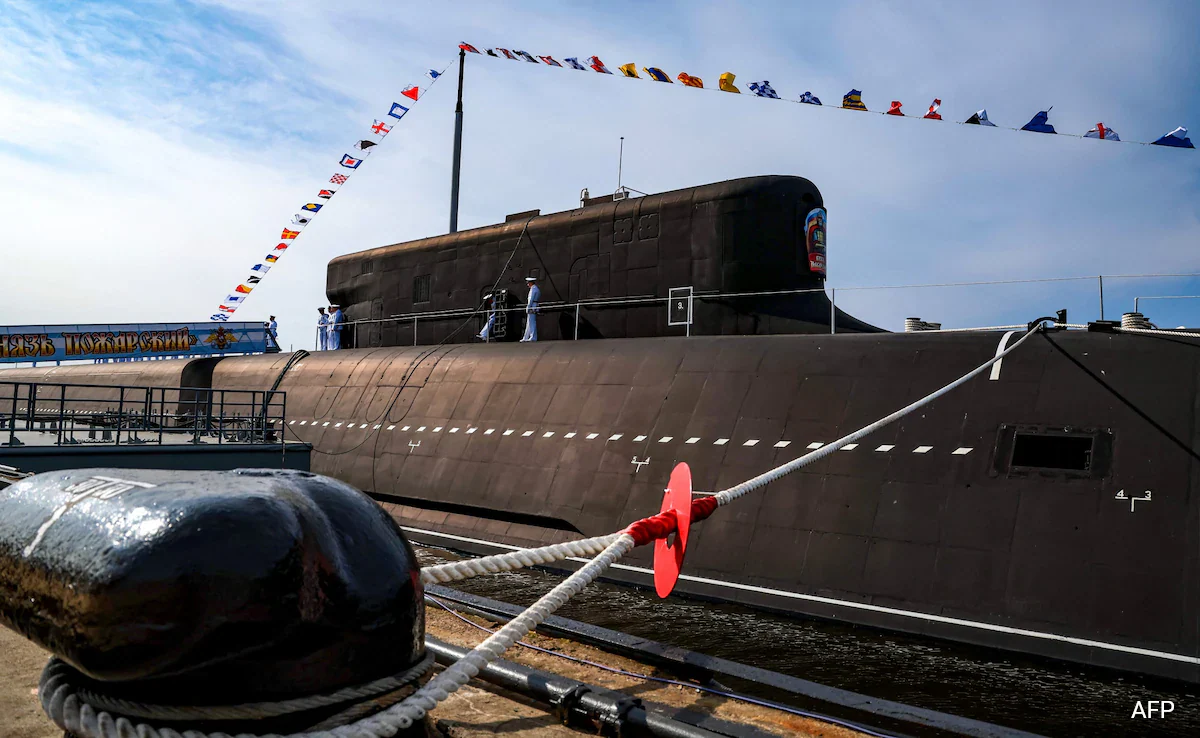
Introduction: A Growing Rift Between Major Economies
The landscape of international trade is becoming increasingly complex as tensions escalate between the United States and Brazil. After the United States, under President Trump, announced an aggressive 50% tariff on certain Brazilian goods, Brazil’s government responded with equally decisive measures. This tit-for-tat exchange of tariffs and retaliatory policies signals a period of heightened trade conflict that could have broad implications for global markets.
The US Imposes Heavy Tariffs: The Trump Era Stance
In a move that has sent shockwaves through international trade channels, the United States, led by former President Donald Trump, imposed a **50% tariff** on imports from Brazil. This decision was primarily motivated by concerns over trade imbalances, unfair trade practices, and the desire to protect domestic industries. The tariff hike was targeted at key Brazilian exports, including agricultural products, steel, and other commodities vital to Brazil’s export sector.
This aggressive stance was portrayed by the US as an effort to recalibrate economic relationships and secure American interests. However, critics argue that such high tariffs could trigger a cascade of retaliation, destabilizing bilateral relations and fueling uncertainty in global markets.
Brazil’s Strong Response: President Lula’s Defiant Stand
In a stark contrast to the American approach, Brazil’s President Luiz Inácio Lula da Silva—often referred to simply as Lula—reacted swiftly and firmly. He publicly declared that Brazil **“will not accept tutelage”**, signaling that the country refuses to be dictated to through unilateral tariffs and economic coercion. Lula’s response was imbued with national pride and a call to defend Brazil’s economic sovereignty.
Brazil retaliated by imposing its own tariffs and trade restrictions aimed at American exports. This tit-for-tat escalation underscores a growing confrontation that risks spiraling into a full-fledged trade conflict. Lula emphasized that Brazil would stand firm and leverage its strategic economic relationships across Latin America and other global partners to counteract what it perceives as unfair US trade policies.
Implications for Global Trade and Economy
The escalating tensions between the US and Brazil are emblematic of a broader shift in global trade dynamics, where protectionism and national interests often take precedence over multilateral cooperation. As tariffs increase, several consequences are anticipated:
- Disruption of Supply Chains: Industries relying on mutual trade could face rising costs and supply disruptions.
- Market Volatility: Uncertainty surrounding trade policies often results in stock market fluctuations and currency volatility.
- Impact on Agriculture and Commodities: Countries like Brazil, a leading exporter of agricultural products, may see reduced demand in the US market, influencing global prices.
- Diplomatic Strains: Trade conflicts often spill over into diplomatic spheres, affecting broader bilateral relations.
The broader implications extend beyond economics. International credibility and the perceived stability of global trade systems are under strain as such escalations threaten to undermine decades of diplomatic and economic cooperation.
The Broader Context: Historical and Political Factors
Trade tensions between major nations are often driven not just by economic interests but also by underlying political considerations. In the case of the US and Brazil, recent shifts in geopolitical alliances, internal political climates, and ideological differences have fueled this confrontation.
Additionally, the US’s approach to trade under Trump was characterized by a broader push for “America First” policies, emphasizing tariffs and unilateral negotiations. Lula’s Brazil, on the other hand, has historically championed regional cooperation and multilateral trade agreements, making this escalation particularly significant.
Furthermore, Brazil’s response demonstrates a desire to assert its independence in global affairs, signaling a potential shift in Latin America’s geopolitical stance and economic alliances.
Potential Resolutions and Future Outlook
Despite the current tensions, there remains hope for dialogue and resolution. Historically, trade disputes have been resolved through negotiations, multilateral forums, and trade agreements that address the core issues.
To de-escalate the current situation, both nations could consider:
– **Engaging in bilateral negotiations** to find mutually beneficial terms.
– **Leveraging multilateral organizations** like the World Trade Organization to mediate disputes.
– **Focusing on sectors less affected by tariffs** to maintain economic stability.
– **Building regional alliances** to counterbalance external pressures and foster collective bargaining power.
The future of US-Brazil relations hinges on diplomatic agility and a willingness to prioritize economic cooperation over confrontation. While recent events mark a period of heightened tension, diplomatic efforts could pave the way for a more stable and mutually respectful trade relationship.
Conclusion: Navigating the Trade Storm
The escalating trade tensions between the US and Brazil exemplify the fragility of international economic relations in an era of rising protectionism. The aggressive tariffs and retaliatory measures signal a shift toward a more contentious global trade environment, with potential ripple effects across multiple sectors.
As both nations stand firm on their positions, the importance of diplomatic engagement and strategic negotiation becomes ever more critical. The evolving dynamics require careful monitoring, strategic policymaking, and a willingness to forge innovative solutions that balance national interests with global economic stability.
Over time, the resolution of these disputes will set important precedents for future international trade negotiations. Whether through dialogue or continued escalation, the path forward will shape the economic landscape for years to come.
For more updated news please keep visiting Prime News World.








